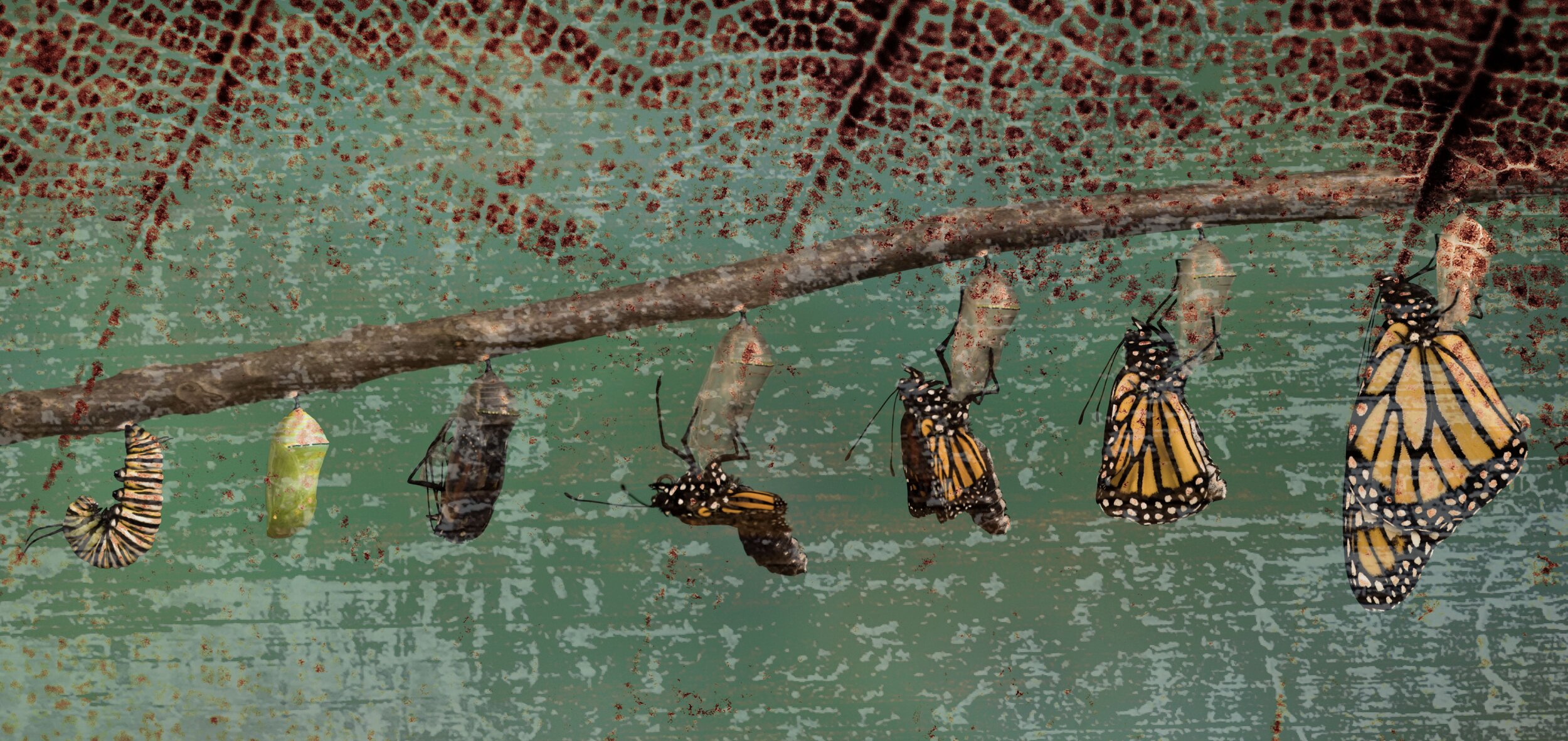
The New Paradigm
“The pandemic has in a sense been a preamble for climate and social change that will continue to radically transform how we live and do business”
Alison Drover, Environmental Strategist
“The ability to apply diverse strategic approaches to different problems on moving timescales and to formulate an approach according to shifting circumstances.
This is how nature operates.”
Alison Drover, Environmental Strategist
Disruption in business is a constant as ecological, technological and social issues continue to surface. This change is forcing us to work in a new paradigm, one where people and nature must coexist.
Environmental impacts are becoming more frequent and severe affecting everything from energy sources, business production cycles, transportation, resources, provision of services, time frames, cost, populations and way we work.
The pandemic’s lockdowns and impacts have reshaped businesses, causing us to rethink, adapt and redesign accordingly. These changes whilst abrupt have provided us with the opportunity to address how we balance life and work. They have also revealed the need to address major societal issues. Aged care is undergoing transformation that focuses on living rather than waiting to die care. Education that is embracing diversity in schooling is helping children learn. We are yet to see the long-term impacts from the pandemic, which will be the precursor for yet more change.
Amidst this change one thing is certain, we are seeking more time nature and gaining a deeper understanding of its role in keeping us balanced. Consciously or not, we know that nature provides balance and changes how we feel, elevating our spirits and feeling of wellbeing. This has been substantiated by the global trend for nature whether it be in the biophilic design of architecture, green spaces in city planning, outdoor nature and travel based camping/wildlife tourism or forest bathing.
Globally we are witnessing an explosion in the purchase of 4WD and van type vehicles that can be converted to live in as more people seek out an alternative way to live and work in closer proximity to nature. Lifestyle interiors remain committed to bringing the outside in and there is a new found place for engagement in gardening, growing food, health, wellbeing and plant based diets.
New research is confirming the economic value of nature’s contribution to wellbeing in particular mental health. This is not without irony, given that the destruction of pristine forests, rapid urbanisation and population growth were all at the root of the pandemic, bringing wildlife and people into close contact and making animal-to-human transmission of new diseases increasingly likely.
We have gone beyond sustainable business strategies and are moving toward regenerative economics and social good.
We help business adapt to this new paradigm, one that embraces frameworks of abundance, purpose and restoration of people and planet rather than exclusion, fear or scarcity.
We skill business to navigate and flourish in this new environment, devising strategies for a new ways of doing business and enabling companies and employees to serve causes far greater than themselves.
This new paradigm requires different leadership, business strategy and approach. We help business to identify natural patterns of flow, adopt a more intuitive approach to making business decisions, respond at the “right time” not the allocated time, rethink leadership and engagement, hone adaption skills and develop a culture of comfortable resilience.
Our approach is one that encompasses resilience, adaption, renewal, creation, transformation and creativity. We engage modalities that helping employees to feel confident with change and to thrive in it and be able to see the opportunities in it not only for their business but also for their daily lives. We engage modalities that help employees adapt to change, thrive in it and see the opportunities for their business and their lifestyles.
Accelerated by global changes in technology, climate, politics and the Covid-19 pandemic along with its resulting lockdowns, impact on the economy and mental health, now work, shop, study and play at home (internet traffic has spiked 50-70% in developed nations) and new habits are being formed. Early adoption phases are shortening. People are catching on fast and despite the challenges there is a willingness to test, learn and pivot our approaches to good business with ever increasing fluidity.
Businesses will be required to respond rather than react to the many variables with a deeper understanding of the “interconnectivity” of their functions.
The new paradigm also has a symbiotic relationship with the things we value most; because at the heart of it, what is financial wealth without mental health, connection to nature, healthy relationships, wellbeing and work which we love?
Imagine if we all began making changes toward working in this way?

